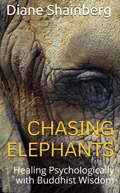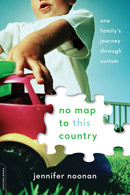 “Shining Sea,” by Anne Korkeakivi
“Shining Sea,” by Anne Korkeakivi
(Little, Brown and Company, pp 282, $ 26.00)
Sophomore novels have the reputation to be always the hardest one to produce, especially if the breaking-out novel was a success or generated buzzing reviews. Self-pressure being often the cause as the challenge to recapture the lengthy feat, embedded in the first published novel, is insurmountable for authors. It is not the case for “Shining Sea.” Though not a fan of multi-generational novel, I tip my hat to Anne Korkeakivi’s second novel. Recapturing she managed indeed, and with verve and energy. Recapturing here acts a crucial word, since I was reminded at once, and not to a detriment, to Woolf’s obvious “To the Lighthouse,” where the protagonist spends her day looking out the window, but rather at “Moments of Being,” her long essay on the creative process. Something today, we refer to as being present in the moment. By being completely present in an experience, we expose ourselves to possible epiphanies. And the most trivial moments are elevated in “Shining Sea,” Korkeakivi’s use of the present tense going a long way to invite the readers to connect immediately with the emotional plights of her characters.
Written in a sparse, unaffected, style, this family saga takes us straight into the universe of the Gannon’s family. Following the death of Michael Gannon, Barbara, his widow, is left alone with four kids and one still gestating, and must now confront a major readjustment in her life. The time is 1962. Rolling back the clock to post WWII, Korkeakivi displays her true talent in her ability to show how lives cross paths and disperse again in other parts of the country, while keeping all the threads intriguing. Where an amateur’s schema would have lost us, Korkeakivi’s spontaneous prose delivers a thoroughly compelling story of personal struggles in the face of grief, held together by the endless hope for self-renewal.




